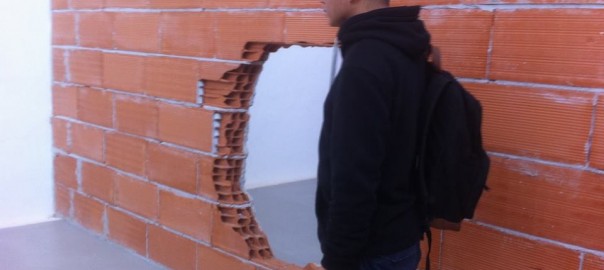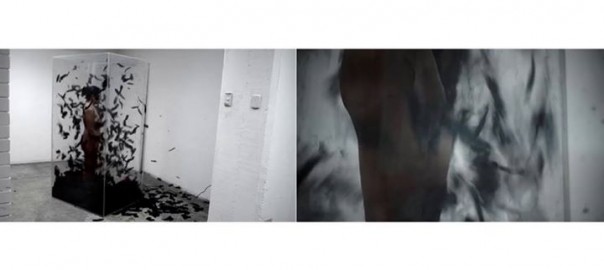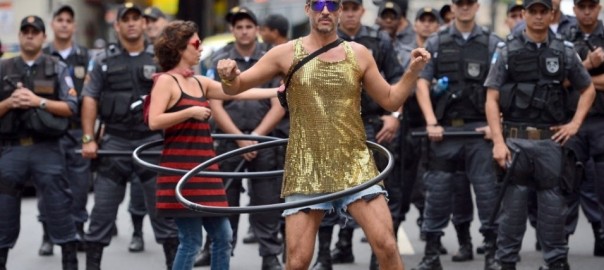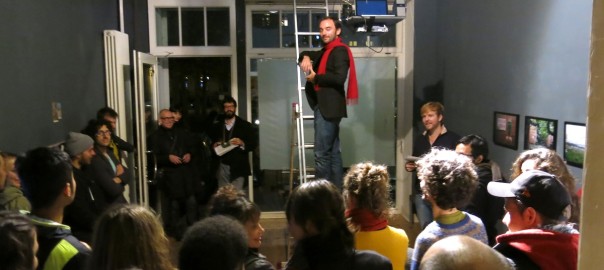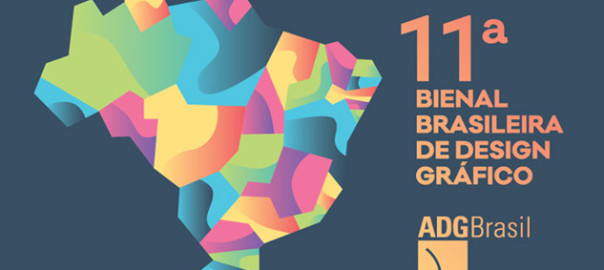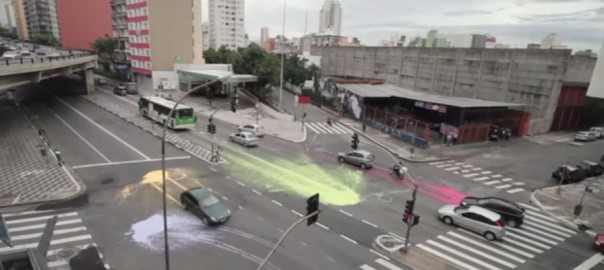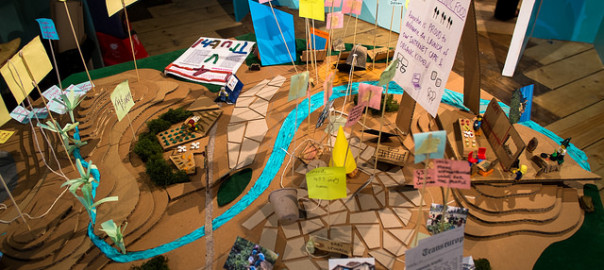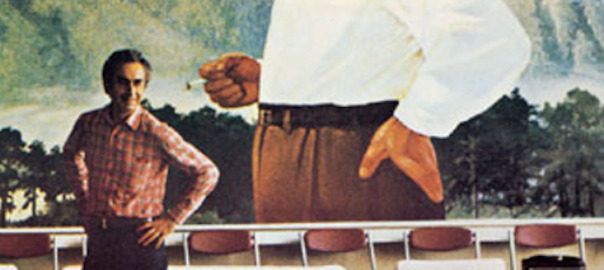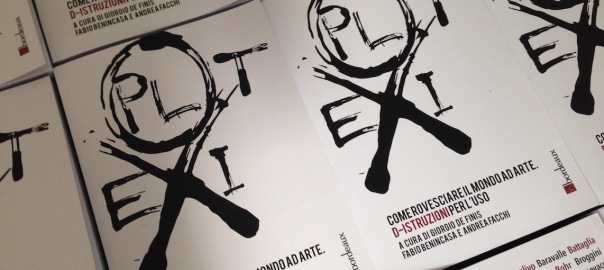I seguenti testi, che trattano in parte anche dei protagonisti dell’attuale Padiglione del Brasile alla 56° Biennale di Venezia, sono stati condivisi da Massimo Mazzone (Escuela Moderna/Ateneo Libertario – www.escuelamoderna.eu) che ha partecipato alla discussione “Brecha Democrática”, organizzata in collaborazione con European Alternatives, Universidade Nômade e la Fundação Bienal de São Paulo, presso il S.a.L.E Docks a Venezia, 11 ottobre 2015.
Edifici concettuali e architetture: i modelli di rappresentazione della città immaginaria e della città reale
http://complotsystem.org/download/10.Biennale%20di%20Venezia%202006.pdf
Arte Architettura Territorio vol. 1: Una raccolta di scritti di Vito Acconci, Vito Bucciarelli, Francesco Cellini, Vanni Codeluppi, Antonella Conte ecc.
http://complotsystem.org/download/Arte%20Architettura%20Territorio%20vol%201.pdf
Arte Architettura Territorio vol. 2 : Nicoletta Braga. Attualità nel corpo della performance. Una riflessione su corpo, natura e spazio urbano
http://complotsystem.org/download/arte%20architettura%20territorio%20vol%202.pdf
[Cover photo taken at the Brazilian Pavilion at the 56th Venice Biennale by Barbara Szaniecki; artwork by Antonio Manuel]


